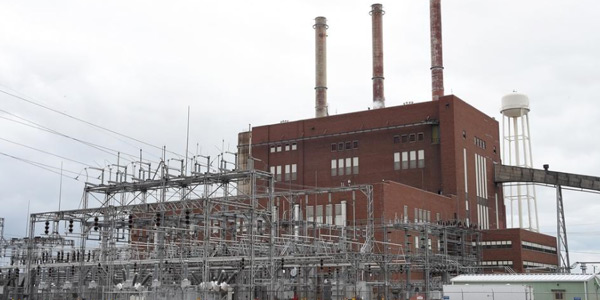By Peter Key
The Michigan Public Service Commission issued an order Friday outlining how the state’s electricity providers must demonstrate they have sufficient capacity to serve their customers for four years.
The four-year requirement was established in Public Act 341 of 2016, which was passed along with another energy bill, Public Act 342, last December. (See Michigan Energy Bill Preserves RPS, 10% Retail Choice Cap.) Both laws took effect April 20.
The state’s electricity providers previously were only required to show MISO that they had enough capacity to meet their customers’ needs for one year. Legislators said that didn’t give the providers enough time to build or acquire additional capacity if they needed to replace retiring plants.
PSC Chair Sally Talberg said in a statement that the four-year look-ahead “will improve reliability because capacity at the state and regional [levels] will actually be secured in advance, whether by taking advantage of excess supply that exists today or investing in new resources.”
“This approach is also cost effective because the electric supplier is in the best position to pursue the lowest-cost options to meet its customers’ needs in a reliable manner and to manage the risk of importing capacity supplies from out of state,” she added.
The PSC issued a separate order Friday opening a docket for providers to submit capacity demonstrations for the first four-year period, 2018-21. Investor-owned utilities must submit theirs by Dec. 1; all other providers — municipal utilities, electric cooperatives and alternative electric suppliers — have until Feb. 9, 2018.
Options that providers can use to meet the capacity requirements include existing and new generation, purchased power contracts and existing and new energy waste reduction or demand response programs. “Michigan’s approach is ‘fuel neutral,’” Talberg said.
The PSC will allow providers to acquire up to 5% of their capacity portfolio through MISO’s annual capacity auction. Alternative electric suppliers that can’t or don’t want to acquire capacity to meet their requirements can instead rely on their local utility to provide “capacity service,” the commission said. They would pay the utility based on “State Reliability Mechanism” charges, which the commission said it is determining in several pending proceedings. The PSC said it’s on track to issue decisions in the proceedings by Dec. 1.
Public Act 341 established a “local clearing requirement,” which the act defined as “the amount of capacity resources required to be in the local resource zone in which the electric provider’s demand is served.” Municipal and cooperative electric utilities can aggregate their resources to meet the local clearing requirement, the commission said.
The PSC is not requiring power providers to meet a local clearing requirement in the 2018-21 capacity demonstration cycle but will require them to meet it in future cycles. The commission plans to open a new contested case to establish locational requirements for future cycles and will hold hearings and get technical assistance from MISO to help it set the rules.
This year, the PSC said, MISO required nearly 95% of the generation capacity used to serve customers in Michigan’s Lower Peninsula be located on the Lower Peninsula.





